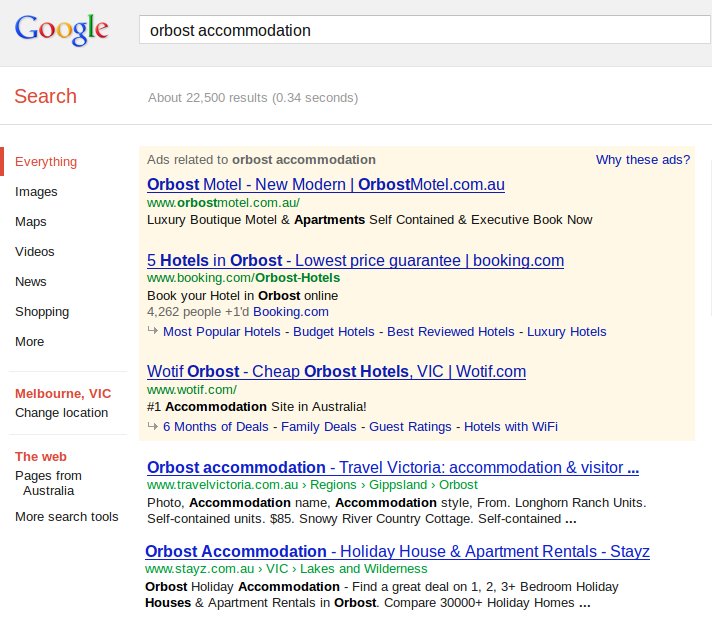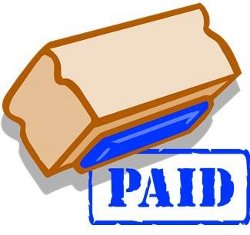
It’s remarkable that in this day and age of the internet, where information about virtually anything anywhere in the world is available online, that some businesses in the travel and tourism industry regard a reliable web presence as something of little importance. This is particularly relevant to those businesses whose operations pre-date the internet – some simply don’t appreciate how many travellers nowadays expect to instantly find information on the internet, at any time of the day or night.
Consider this example we experienced with a tourism business in Victoria.
A river cruising company (which we won’t name specifically), has operated on one of Victoria’s great scenic rivers for many decades. Up until 2009, they had a simple website detailing their cruise schedule, what you’ll see along the way and a photo gallery. They let their web hosting expire (cost cutting in the height of the global financial crisis perhaps?), and since then they have had no dedicated web presence.
Many travel websites gave free exposure to this cruising company, (including us here at Travel Victoria), inviting people to click on the link to their website for further details about their cruises, their timetables and contact details. However, because the cruise company abandoned their web presence in 2009, these links went nowhere, and many people were simply left with the impression that the company was no longer operating. And if people think a business is not operating, they will just try elsewhere for what they need.
We cannot emphasise this enough – if your website goes off-line for an extended period of time, people will simply assume you’re no longer in business.
And if people think you may still be in business, you really cannot expect them to take on the role of a web detective, trying to piece together bits of information from various sources, in order to find out what should have been on your website.
As an experiment, using ONLY the internet, we attempted to find out the cruise timetable of this Victorian cruise company which took their website off-line in 2009. Many websites where this company was mentioned simply provided a link to the off-line website for further information, so that was useless to us. Others detailed prices and timetables that were dated from many years ago, as they obviously couldn’t get up to date information from the web. This raised questions as to how accurate the information was, given it was years old. We even tried the website of the local visitor information centre where the cruise company is based, but alas, they had few details other than a link to the off-line cruise company’s website. So we ended up emailing the visitor information centre asking for details about the cruises. We got a reply back two days later as they probably had to try to contact the cruise company to get the latest information, although to be fair, we did email the visitor information centre on a weekend. But still, one may ask if someone planning their trip is willing to wait two days for information that they could have in seconds if the cruise company continued their web presence? Many people would have probably tried another business in the area or maybe somewhere else in Victoria. That’s tourist dollars lost to that business and also to the town.
We then decided to email the cruise company directly and advise them that their website was off-line to see their response. To begin with, this became another intensive web detective crusade as we tried to find out their email address and we had no idea if the email address they published 3 years ago was still the one they used. As it turns out, they did get our email, and said they said they are working on a new website. We can only assume they’ve been working on it on for the last 3 years!
Of course, one has to wonder why they didn’t just let their old website continue to run beyond 2009, update only the most critical information as needed, and then replace it once they’d finalised their new site?
With web hosting by reputable Australian companies at very affordable prices, many offering plans of less than $90 per year, there is simply no way to justify a cost-cutting exercise of having your website off-line for 3 years when you’re in the very competitive tourism industry and one in which people expect instant access to information when planning their travels.










